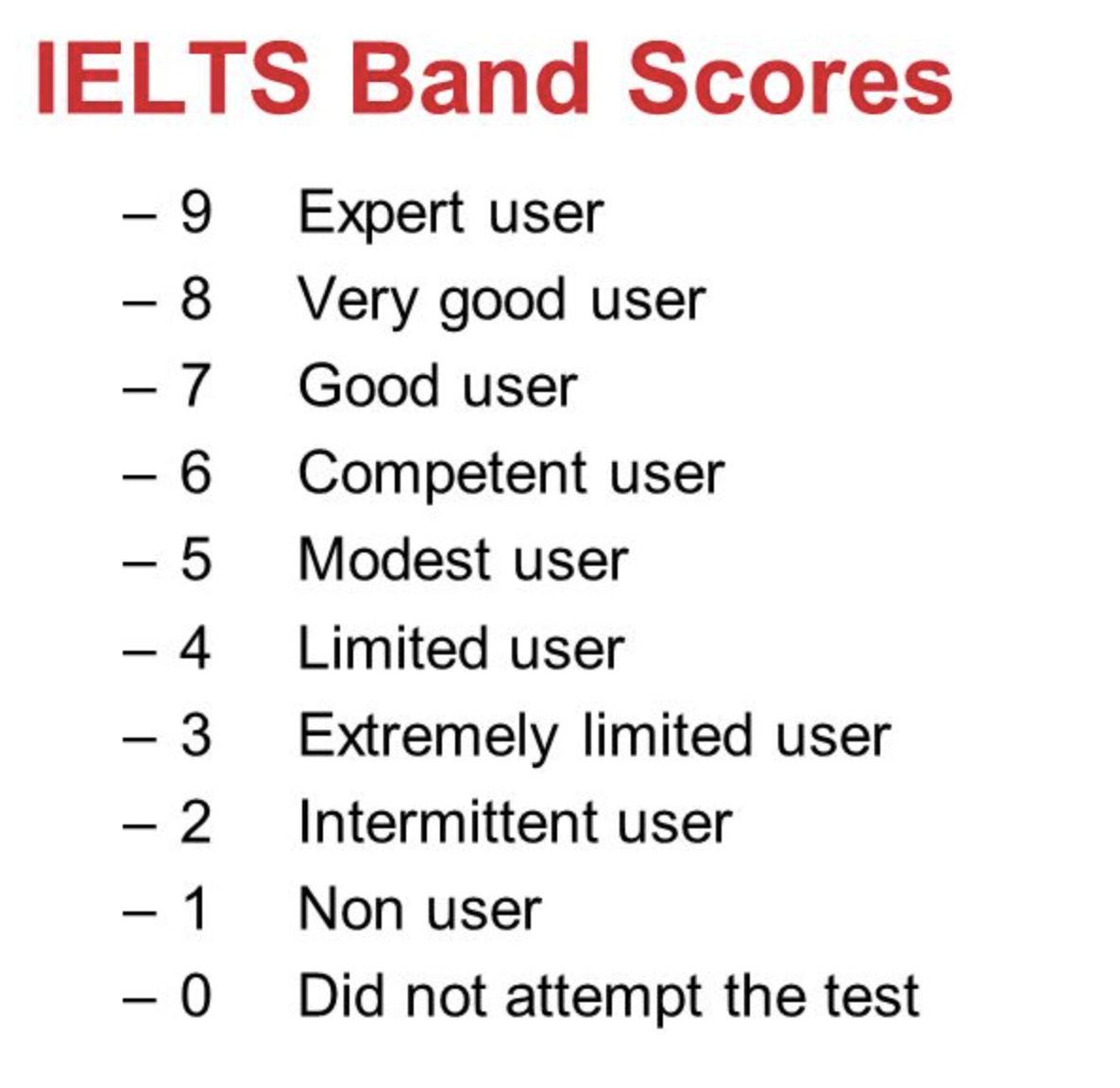IELTS Preparation and Test
IELTS stands for International English Language Testing System is a globally recognized English language proficiency test designed to assess the language skills of individuals who want to study, work, or migrate to English-speaking countries. It measures the ability to listen, read, write, and speak in English. IELTS is accepted by universities, employers, and immigration authorities in many countries, including the International class or study in China. For English-taught programs or International Classes in China, the IELTS test is one of the main requirements to apply for.
Preparation for the IELTS Test:
1. Understand the Test Format: Familiarize yourself with the format of the IELTS test. There are two types of IELTS tests: IELTS Academic (for educational purposes) and IELTS General Training (for work and migration purposes). Understand the sections of the test, including Listening, Reading, Writing, and Speaking.
2. Practice Regularly: Regular practice is crucial. Work on sample test papers and practice questions available online and in IELTS preparation books. This helps you get accustomed to the test format and improves your time management skills.
3. Improve English Language Skills: Work on enhancing your listening, reading, writing, and speaking skills. Read English newspapers, books, and articles to improve your reading skills. Listen to podcasts, watch English movies or series, and engage in English conversations to enhance your listening and speaking skills. Practice writing essays and reports to improve your writing skills.
4. Take Preparation Courses: Consider enrolling in IELTS preparation courses. Many language schools and online platforms offer specialized courses to help you prepare for the test. Experienced instructors can provide valuable tips and strategies.
5. Time Management: Practice managing your time effectively during the exam. Each section has a specific time limit, so practice completing tasks within the allocated time to build your confidence.
6. Mock Tests: Take full-length mock tests under exam conditions. This helps you simulate the actual test environment and identify areas where you need improvement.
7. Seek Feedback: If possible, have your speaking and writing assessed by a qualified IELTS tutor. Constructive feedback can help you identify your strengths and weaknesses.
8. Relaxation Techniques: Learn relaxation techniques to manage exam-related stress. Being calm and focused during the test can significantly improve your performance.
Remember, consistent and focused preparation is key to performing well in the IELTS test. Good luck!
The IELTS test scores range from 0 to 9. Here's what the scores represent in terms of language proficiency:

• Band 9: Expert User - Has fully operational command of the language: appropriate, accurate, and fluent with complete understanding.
• Band 8: Very Good User - Has fully operational command of the language with only occasional unsystematic inaccuracies and inappropriacies. Misunderstandings may occur in unfamiliar situations.
• Band 7: Good User - Has operational command of the language, though with occasional inaccuracies, inappropriacies, and misunderstandings in some situations. Generally handles complex language well and understands detailed reasoning.
• Band 6: Competent User - Has generally effective command of the language despite some inaccuracies, inappropriacies, and misunderstandings. Can use and understand fairly complex language, particularly in familiar situations.
• Band 5: Modest User - Has partial command of the language, coping with overall meaning in most situations, though is likely to make many mistakes. Should be able to handle basic communication in their own field.
• Band 4: Limited User - Basic competence is limited to familiar situations. Has frequent problems in understanding and expression. Is not able to use complex language.
• Band 3: Extremely Limited User - Conveys and understands only general meaning in very familiar situations. Frequent breakdowns in communication occur.
• Band 2: Intermittent User - No real communication is possible except for the most basic information using isolated words or short formulae in familiar situations and to meet immediate needs. Has great difficulty understanding spoken and written English.
• Band 1: Non-User - Essentially has no ability to use the language beyond possibly a few isolated words.
• Band 0: Did Not Attempt the Test - The test taker did not answer the questions.
Currently, we have partnered with official and trusted IELTS test providers in Indonesia, including IDP and IALF (Indonesia Australia Language Foundation). MilGEC's students can get special rates to take the IELTS test at our listed partners. Please Contact your Education Counselor for further information on this.